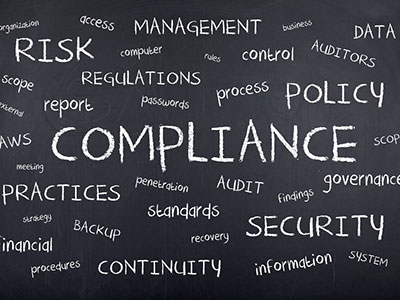In a recent address, SEC Chair Mary Jo White stated that the SEC had focused its reinvigorated investigation and enforcement efforts on holding preparers and auditors accountable for their work on financial statements. She alerted the 2015 American Institute of Certified Public Accountants (“AICPA”) National Conference to the weighty responsibilities and challenges faced by auditors and preparers, as well as audit committee members, standard setters and regulators, when endeavoring to ensure high-quality, reliable financial reporting.
The SEC is focusing its enforcement and investigation efforts on preparers and auditors of financial statements, Mary Jo White tells accountants











